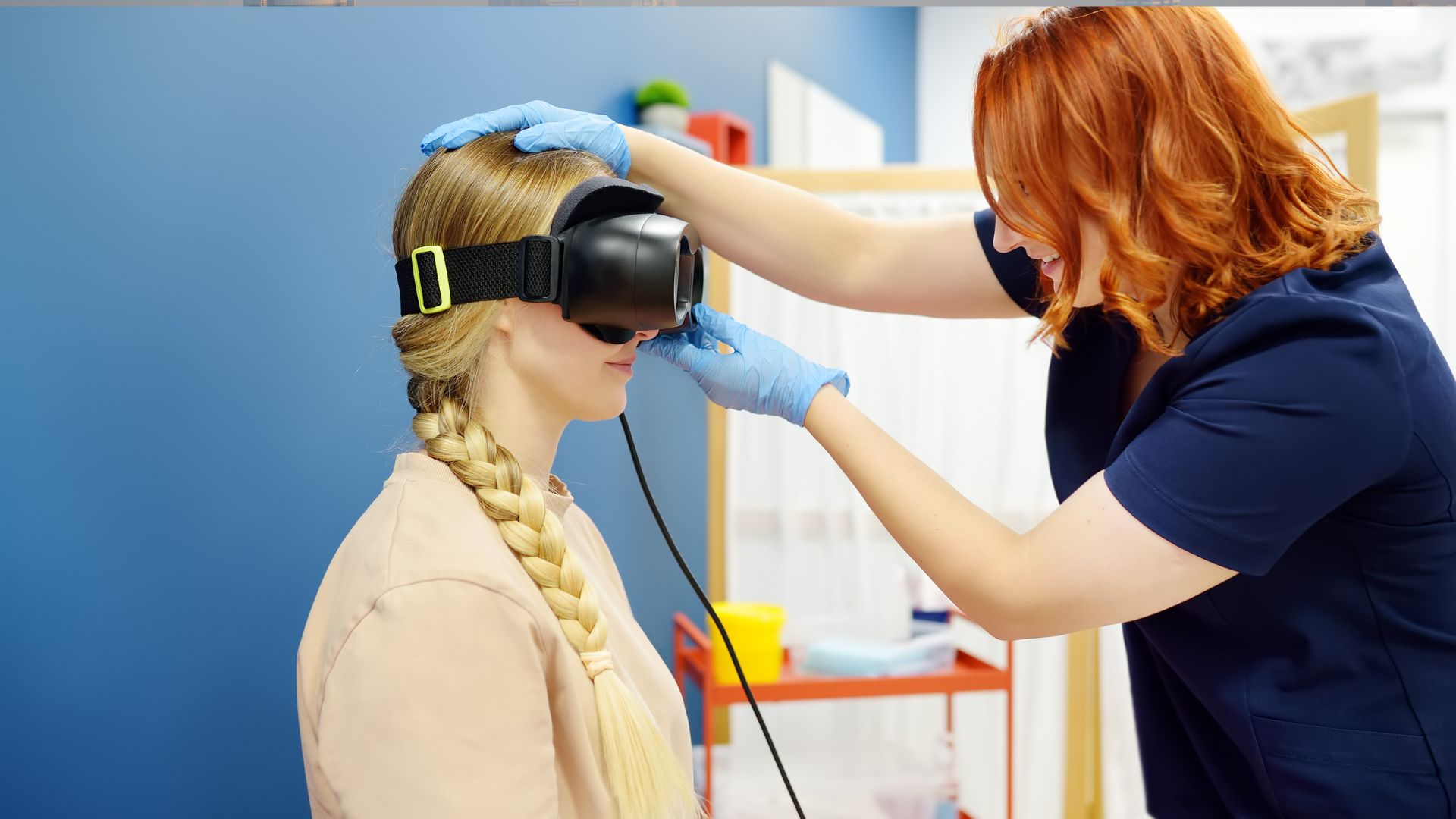Nasal polyps are benign growths that develop in the lining of the nasal passages and sinuses. They vary in size and can cause discomfort, affecting a person’s quality of life. As an ENT surgeon, understanding the different types of nasal polyps is crucial for proper diagnosis and treatment.
Introduction to Nasal Polyps
What are Nasal Polyps?
Nasal polyps are soft, painless growths that occur in the nasal passages or sinuses. They result from chronic inflammation and are typically associated with conditions like allergies, asthma, or recurring sinus infections.
Importance of Understanding Different Types
Different types of nasal polyps exhibit distinct characteristics and may require different treatment approaches. Recognizing these variations helps in providing personalized care to patients.
Causes and Risk Factors
Nasal polyps can develop due to various factors, including:
- Allergies: Chronic allergic rhinitis can lead to nasal polyp formation.
- Asthma: Individuals with asthma are at a higher risk of developing nasal polyps.
- Chronic Sinus Infections: Recurrent sinus infections can trigger inflammation, contributing to polyp growth.
Symptoms of Nasal Polyps
Common symptoms of nasal polyps include:
- Nasal Congestion: Difficulty breathing through the nose due to blockage.
- Reduced Sense of Smell: Loss of smell or taste sensation.
- Runny Nose: Persistent nasal discharge, often thin and watery.
Diagnosis
Diagnosing nasal polyps typically involves:
- Physical Examination: Visual inspection of the nasal passages.
- Nasal Endoscopy: Using a thin, flexible tube with a camera to examine the sinuses.
- Imaging Tests: CT scans or MRI may be necessary to assess the extent of polyp growth.
Types of Nasal Polyps
There are several types of nasal polyps, including:
Ethmoidal Polyps
These polyps originate from the ethmoid sinuses and often occur in clusters. They can obstruct nasal airflow and cause significant congestion.
Antrochoanal Polyps
Antrochoanal polyps develop in the maxillary sinuses and extend into the nasal cavity. They can cause facial pain and pressure.
Allergic Fungal Polyps
These polyps are characterized by a fungal infection within the sinuses and are often associated with severe allergies.
Inverted Papillomas
Although rare, inverted papillomas are benign tumors that can arise from the nasal lining. They require careful monitoring due to their potential for malignant transformation.
Treatment Options
Treatment for nasal polyps may include:
- Medications: Steroid nasal sprays or oral corticosteroids to reduce inflammation.
- Nasal Corticosteroids: Topical medications to shrink polyps and alleviate symptoms.
- Surgery: Endoscopic sinus surgery may be necessary for large or persistent polyps.
Prevention Tips
Preventing nasal polyps involves:
- Allergy Management: Avoiding triggers and seeking allergy treatment.
- Nasal Irrigation: Using saline rinses to keep the nasal passages clear.
- Regular Check-ups: Monitoring nasal health and seeking prompt medical attention for symptoms.
Living with Nasal Polyps
Managing nasal polyps requires:
- Lifestyle Adjustments: Avoiding irritants and maintaining good nasal hygiene.
- Follow-up Care: Regular visits to an ENT specialist for monitoring and treatment adjustments.
Conclusion
Understanding the different types of nasal polyps is essential for effective management and treatment. By recognizing the underlying causes and variations in presentation, healthcare providers can offer tailored solutions to improve patients’ quality of life.
FAQs
- Can nasal polyps go away on their own? Nasal polyps may shrink temporarily with medication but often require ongoing management to prevent recurrence.
- Are nasal polyps painful? Nasal polyps themselves are usually painless, but they can cause discomfort due to congestion and impaired nasal breathing.
- Can nasal polyps lead to complications? In some cases, untreated nasal polyps can lead to sinus infections, sleep apnea, or even asthma exacerbations.
- Is surgery the only option for treating nasal polyps? Surgery is typically reserved for cases where nasal polyps are large, persistent, or unresponsive to medication. However, it’s not the only treatment option available.
- Are nasal polyps contagious? No, nasal polyps are not contagious. They develop as a result of chronic inflammation in the nasal passages and sinuses.
About Author:
Dr. Vivek Kumar Pathak: Renowned ENT Surgeon, Senior Professor, and Founder.
Dr. Pathak, ENT surgeon at Kailash Hospital, Senior ENT Professor at Sharda University, and founder of Entegrity Care, brings expertise and innovation to healthcare. Discover the visionary behind Doxtreat Healthcare, shaping the future of ENT care.
Website www.drvivekpathak.com
Call +917838450942
WhatsApp +91 78384 50942
Book an appointment with Dr. Vivek kumar Pathak by filling the form.



